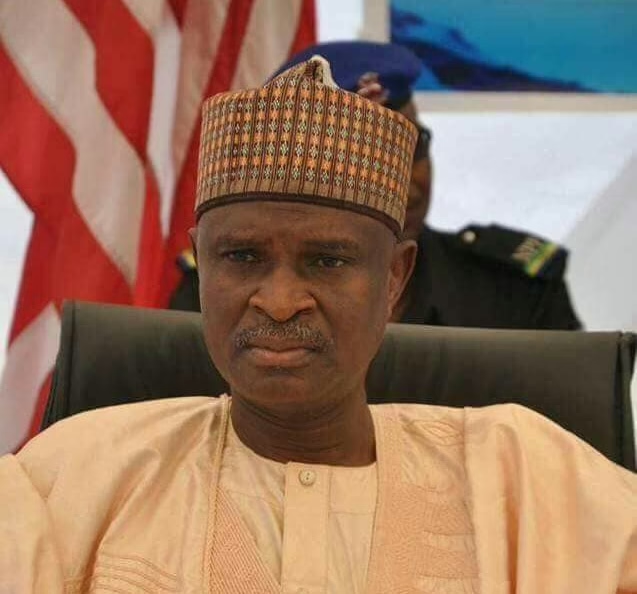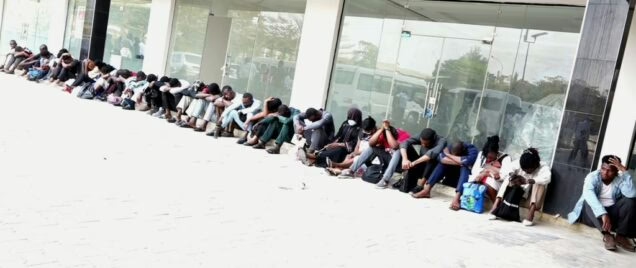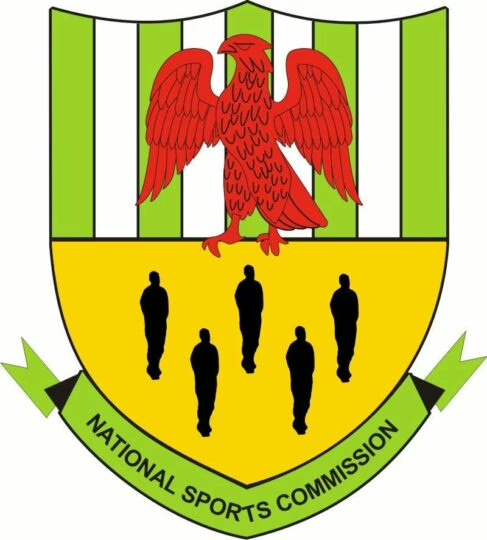President Bola Tinubu’s reforms may have been described as a soap opera capable of dividing the country from top to bottom by critics. However, the former Lagos State Governor has continued to assure those who care to listen that his coordinated economic reforms are anchored on strong adherence to transparency and accountability. Nonetheless, there are some dark areas calling for immediate attention, writes David Meshioye.
THE GOOD
Tertiary Student Loan Scheme
Critics once described the president as the biblical Nazareth that can never deliver anything good, but Tinubu’s notable achievement in his one year in office has been the introduction of a student loan scheme.
The introduction of the Nigeria Education Loan Fund (NELFUND), aimed at giving the much-needed financial backing to Nigerian students in tertiary institutions, was seen as a huge sigh of relief for both parents and students alike.
Barring any last-minute hitches, the scheme will go a long way in helping students navigate the murky waters of tertiary education without losing sleep over upfront tuition expenses.
By offering interest-free loans to deserving students, the scheme will also help address the long-standing problem of easy accessibility to education.
Infrastructure Development
With hundreds of abandoned projects calling for attention, President Tinubu has been applauded for his commitment to long-term master plans for infrastructural development in the country.
Notable among these infrastructural projects is the construction of the Lagos-Calabar coastal highway and the Eleme junction-Onne axis, while other projects are still in the pipeline.
These projects, when completed, will greatly improve transportation infrastructure and, most importantly, lift economic activities in these areas out of the doldrums.
Creation of Enabling Business Environment
President Bola Tinubu has reiterated his resolve to fully implement his eight-priority reform under the Renewed Hope Agenda within three years. One major highlight of his achievement has been the creation of a conducive business environment in his first year in office.
His decision to create one million jobs in the digital economy has been described as a sign of good things to come, while steps to secure rural incomes via a commodity exchange board are also gathering momentum.
It is generally believed that these reforms will open new doors for Nigerian youths, create stability in the agricultural sector, and further enhance food security.
Tax Reforms and Fiscal Policy
No one saw it coming, but the establishment of a Presidential Committee on Tax Reforms and Fiscal Policy calmed the frayed nerves of Nigerians who have been calling on the federal government to address the country’s difficult tax landscape.
Armed with a mandate to lower tax multiplicity and enhance compliance, it is widely believed among economic experts that this laudable step will welcome an equitable tax system, thereby creating a far more conducive business environment and fostering foreign investment.
Additionally, Tinubu’s inauguration of the National Single Window (NSW) system aimed at easing imports and exports also deserves commendation. Within a year in office, the system has greatly streamlined cross-border trade and reduced bureaucratic bottlenecks.
THE BAD
Electricity Subsidy Removal
One major shortcoming of Tinubu’s administration has been the removal of electricity subsidies barely one year in office. Expectedly, this move led to a massive increase in electricity tariffs, which have raised costs from N68 to N225 per kilowatt-hour.
The removal of the electricity subsidy has placed a huge financial burden on Nigerians, who are finding it hard to come to terms with daily economic hardship. It has further eroded individual purchasing power and deepened the economic hardship faced by entrepreneurs, pushing them to the breaking point.
Fuel Subsidy Removal
The removal of the fuel subsidy has led to more economic hardship in the country. Tinubu noted that the fuel subsidy had to end because the country could not maintain it. He added that the trillions of naira yearly spent to sustain the subsidy were meant to better the healthcare and transportation sectors, schools, housing, and national security, among others.
Fuel subsidy removal triggered a chain reaction, causing higher transportation costs and ultimately contributing to inflation. Prices of goods and services also skyrocketed, thereby affecting the purchasing power of consumers.
THE UGLY
Devaluation of Naira
President Tinubu’s failure to stabilise the naira has been the major low point of his one year in office, to say the least.
Although one of his reform agendas was to stabilise and unify exchange rates, it has led to a free fall of the national currency, resulting in acute inflation and weakening the purchasing power of Nigerians.
Minimum Wage Stalemate
Labour Unions’ insistence on getting an improved minimum wage has not gone down well with Tinubu’s administration, which claimed that it is not financially equipped to deliver the bacon.
Word was rife in Abuja that the Nigerian Labour Congress was heading for a major showdown with the Federal government after the 6th meeting of the Tripartite Committee on the new National Minimum Wage (NNMW) ended in a deadlock over what workers should earn.
Tinubu’s failure to heed warnings from labour unions over workers’ take-home pay crippled the economy following strikes that occurred barely one year in office. His failure to reach an amicable agreement with labour amounts to a nation sitting on a keg of gunpowder, with an explosion just a matter of time. Tinubu’s government has also been criticised for being unreasonable towards workers’ plight in the face of biting economic reforms.











